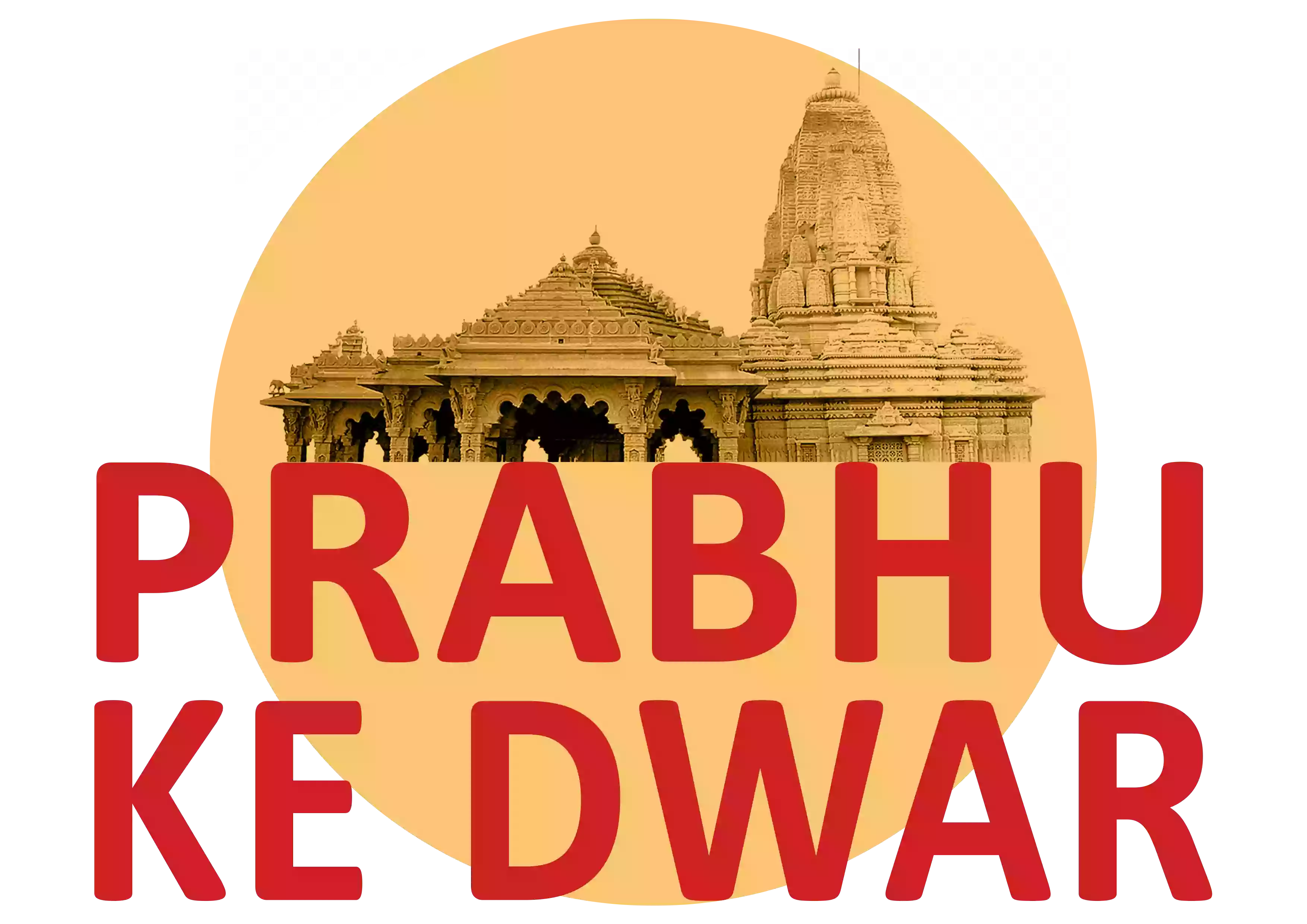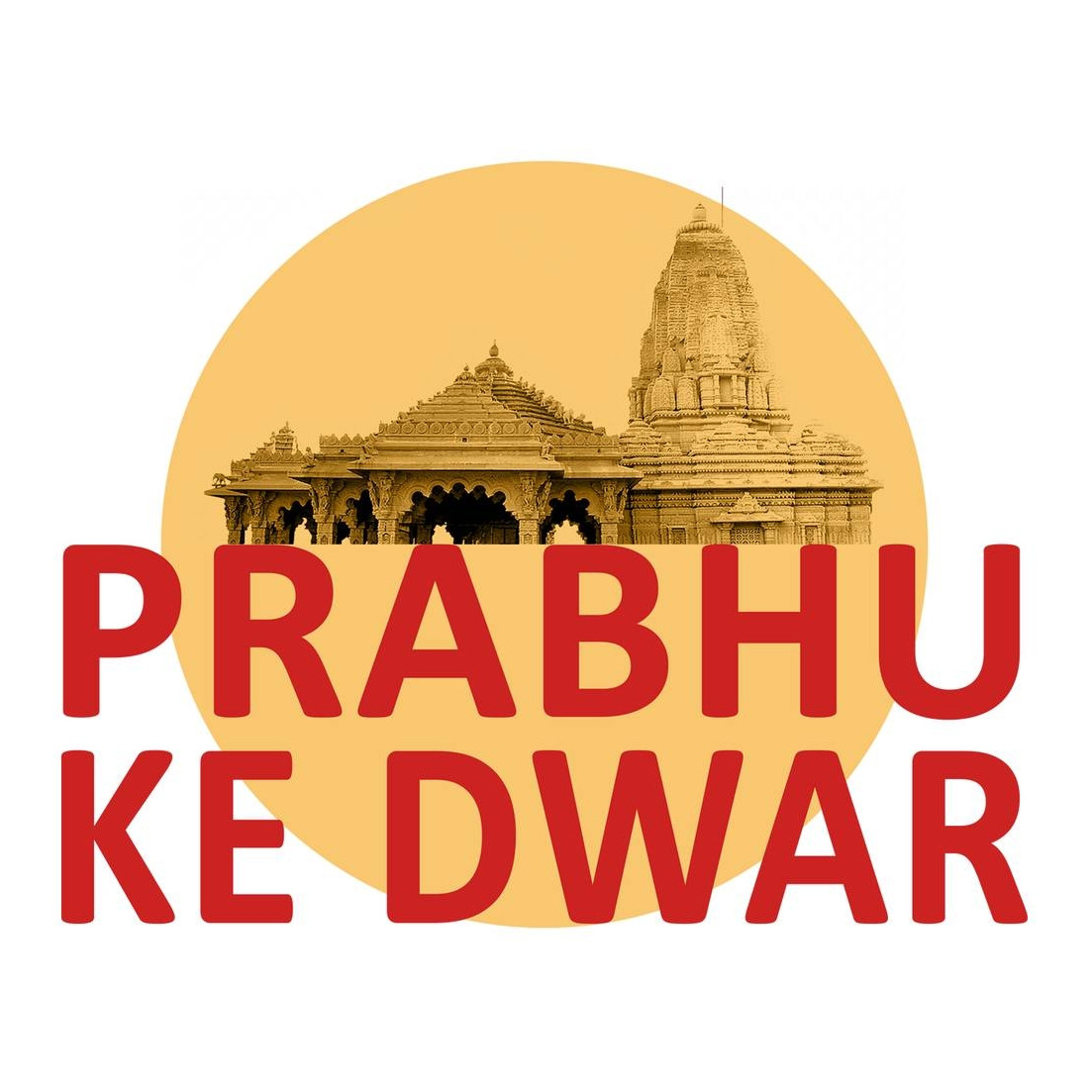The Agni Purana is one of the 18 major Puranas (Mahapuranas) in Hindu literature, a genre of ancient Indian texts rich in mythology, cosmology, rituals, and spiritual teachings. Ascribed to the deity Agni, the god of fire, this Purana is a treasure trove of diverse topics, ranging from religion and philosophy to astronomy and medicine. Believed to have been composed between the 8th and 11th centuries CE, the Agni Purana consists of approximately 15,400 verses distributed across 383 chapters. Its encyclopedic nature makes it a significant resource for understanding ancient Indian culture and traditions.
The Agni Purana is often presented as a dialogue between Agni and the sage Vasishtha. In this narrative framework, Agni imparts wisdom to Vasishtha on various topics, making the text both instructional and devotional.
Structure and Composition
The Agni Purana is divided into several sections, each addressing a specific aspect of knowledge or practice. While its core focus is on spiritual and religious teachings, it covers a wide array of subjects, reflecting the interdisciplinary nature of ancient Indian scholarship. The major topics include:
Mythology and Cosmology
The text provides detailed accounts of Hindu cosmology, creation theories, and genealogies of gods, sages, and kings. It elaborates on the roles of major deities like Vishnu, Shiva, and Durga, as well as mythological events such as the churning of the ocean (Samudra Manthan) and the battles between gods and demons.Rituals and Worship
The Agni Purana contains extensive instructions on performing various Vedic and Puranic rituals. It discusses fire sacrifices (yajnas), temple construction, idol worship, and festival observances. The text emphasizes the role of devotion (bhakti) in achieving spiritual liberation.Law and Ethics
The Purana addresses topics related to Dharma (righteousness) and provides guidance on ethical conduct, duties of different castes and stages of life, and principles of governance. It offers insights into ancient Indian jurisprudence, emphasizing justice and fairness.Arts and Sciences
One of the most unique aspects of the Agni Purana is its coverage of arts and sciences, including:- Architecture: Guidelines for temple construction and town planning.
- Medicine: Ayurvedic principles for health and healing.
- Astronomy and Astrology: Descriptions of celestial bodies and their influence on human life.
- Grammar and Linguistics: Rules of Sanskrit grammar and poetry composition.
- Martial Arts: Techniques of warfare and weaponry.
Spiritual Practices
The Purana delves into yoga, meditation, and the worship of various deities through mantras (sacred chants) and stotras (hymns). It highlights the importance of self-discipline and devotion in spiritual growth.
Key Themes and Teachings
Devotion and Bhakti Yoga
The Agni Purana places significant emphasis on devotion to the Supreme Being, whether identified as Vishnu, Shiva, or another deity. It teaches that sincere worship and surrender can lead to liberation (moksha). Bhakti is presented as a powerful path that transcends rituals and caste boundaries.The Power of Knowledge
Knowledge (jnana) is celebrated as the ultimate purifier and liberator. The Purana encourages the study of scriptures, self-reflection, and the pursuit of wisdom to overcome ignorance and achieve spiritual enlightenment.Moral and Social Values
The text provides practical guidance on leading a virtuous life. It underscores the importance of truthfulness, compassion, humility, and non-violence. It also emphasizes fulfilling one's duties toward family, society, and the divine.Harmony Between Material and Spiritual Life
While advocating spiritual practices, the Agni Purana does not neglect the material aspects of life. It offers advice on wealth management, governance, and social responsibilities, promoting a balanced approach to life.
Relevance of the Agni Purana
The Agni Purana remains a vital text for understanding the cultural, religious, and intellectual heritage of ancient India. Its teachings continue to inspire spiritual seekers and scholars. Some of its practical aspects, such as Ayurvedic medicine, temple architecture, and ethical principles, are still relevant today.
The Agni Purana is a profound testament to the richness and diversity of Hindu thought. By encompassing mythology, rituals, ethics, arts, and sciences, it serves as a bridge between the spiritual and material realms. Through its teachings, the Purana inspires readers to lead a life of devotion, knowledge, and righteousness. Its enduring wisdom ensures its place as a timeless guide for seekers of truth and harmony.




